The signing of the new ten-year Framework Agreement for Defence Cooperation between India and the United States in Kuala Lumpur on October 31, 2025, has triggered more curiosity than celebration. On the surface, it appears to be yet another in a long list of defence-related agreements between the two nations.
However, over the years, India and the US have inked pacts covering logistics, communications, information security, and interoperability—each one reinforcing the notion of a maturing strategic partnership. Why then was a new framework needed? And why now?
The answer lies less in the clauses of the document and more in the message behind it. The agreement was not born out of a lack of existing structures but rather a necessity to reaffirm intent.
At a time when the Indo-American relationship has appeared to drift—buffeted by trade frictions, tariff wars, the energy import issue, and India’s insistence on maintaining ties with Russia despite Western sanctions—the Kuala Lumpur signing was an act of strategic reassurance. It said, in essence, that both sides still value the partnership even if they differ on the pathway to equilibrium. From an Indian point of view, this is good, mature strategic thinking; it overcomes ego and appropriately pursues national interest.
Yet, this is no simple continuity. The defence pact reflects a subtle recalibration on both sides. For Washington, it is a projection of constancy in the Indo-Pacific even as domestic politics and global alignments grow more complex. For Delhi, it is a gesture of steadiness—engaging without surrendering strategic autonomy. It is this balancing act that has kept global observers guessing: is the relationship deepening or merely being managed? That it happened so early in the refocus on the Indo-Pacific reveals that its intent was always there.
Quick Reads
View AllDonald Trump’s endorsement of the event is unmistakable. Unpredictability has been his hallmark, turning it into a foreign policy instrument. He swings from flattery to firmness, from outreach to reprimand, as if testing how much autonomy India can assert before stepping back. His appreciation of Prime Minister Narendra Modi’s leadership is well known, but so too is his transactional instinct.
The United States, under Trump, appears to be playing a deft game of push and pull: signalling partnership while simultaneously testing loyalty. It’s the old “Mutt and Jeff” act—alternating between friend and foe, between inducement and intimidation—to ensure that India remains responsive to Washington’s cues.
Nowhere is this game more evident than in Trump’s subtle reopening of the Pakistan window. For decades, US engagement with Pakistan has served as both carrot and stick in South Asia. It gives Washington leverage over New Delhi while maintaining a foothold in a region critical to its ‘counterterrorism’ and China-containment strategies.
Yet, in 2025, that playbook feels dated. India today is not the diffident state of the past. Its economy is larger, its global visibility higher, and its domestic political stability stronger. Any attempt to calibrate India through the Pakistan factor risks misreading the new India—confident, self-aware, and acutely sensitive to external posturing.
This is perhaps why Prime Minister Narendra Modi’s decision not to travel to Kuala Lumpur, leaving the signing to Defence Minister Rajnath Singh, carries unmistakable symbolism. It was a message of measured distance, not disengagement.
By delegating the occasion rather than owning it personally, PM Modi underscored India’s willingness to cooperate but on terms defined by parity, not patronage. The optics of Rajnath Singh shaking hands with Pete Hegseth—the photo-op that circled global media—was about continuity, not capitulation. It restored momentum to the relationship without making it appear one-sided.
The Kuala Lumpur framework may not create dramatic shifts in the military domain; its real purpose lies in institutionalising cooperation. The decade-long horizon gives predictability to defence collaboration—joint production, technology exchange, interoperability, and the sharing of emerging defence technologies.
In practical terms, it is about transforming India from a major buyer to a co-producer, a role that aligns with the Modi government’s ambition of strategic self-reliance under the “Make in India” banner. For the US, it embeds India deeper into the architecture of Indo-Pacific deterrence—a counterweight not only to China’s maritime reach but also to the unpredictability of global power realignments.
Yet beneath this structured cooperation runs an undercurrent of caution. The Indo-American relationship today is less about alliance and more about alignment—a convergence of interests without convergence of dependence. Both sides want to maximise gains while minimising constraints. The US seeks access, markets, and partnership in a region central to its strategic calculus; India seeks technology, leverage, and global status without surrendering its independent space. It’s a relationship of mutual utility, and both leaderships know that.
The question then is whether this latest pact marks a reset or merely a recalibration? In truth, it is a bit of both. It resets the tone of engagement after months of transactional turbulence, and it recalibrates the scope of cooperation to focus more on industry, technology, and predictability rather than rhetoric.
The fact that it was signed on the sidelines of the Asean Defence Ministers’ Meeting in Kuala Lumpur adds a regional element. India and the US are both reaffirming commitment to the Indo-Pacific framework, even as the Quad remains conspicuously quiet. Japan and Australia have maintained silence, perhaps waiting to see whether this new framework becomes a prelude to a more functional Quad 2.0 or simply another bilateral milestone.
There remains, however, a strategic question mark hovering over the Pakistan dimension. Can India sustain its defence cooperation with the US if Washington revives substantial security largesse to Islamabad? The answer lies in Delhi’s ability to insulate its strategic interests from tactical irritants—a test it has passed before. But the recalibration will demand patience and an unsentimental reading of Trump’s political theatrics.
In the end, the Kuala Lumpur pact is less about a new beginning and more about the maturing of an equation that has outgrown both dependency and distrust. Modi’s calibrated distance, Rajnath’s visible engagement, Trump’s transactional flourish, and Hegseth’s cordial rhetoric together illustrate a relationship transitioning from passion to pragmatism. The US has learnt that India cannot be browbeaten into compliance, and India has recognised that American unpredictability can be managed but not ignored.
So, was Kuala Lumpur a reset or a recalibration? Perhaps both—but above all, it was a reaffirmation that the Indo-American partnership, however complex, remains one of the defining relationships of the twenty-first century, driven not by sentiment, but by shared ambition and mutual respect. It should come as a quiet relief to those watching this relationship from the sidelines.
The Kuala Lumpur agreement signals a return to the mutuality that has always underpinned Indo-American engagement—the recognition that enduring interests outweigh episodic friction. Treating the recent downturn as an irritant rather than an inflection point may well be the wisest way to move forward.
(The writer is a member of the National Disaster Management Authority. Views expressed in the above piece are personal and solely those of the author. They do not necessarily reflect Firstpost’s views.)


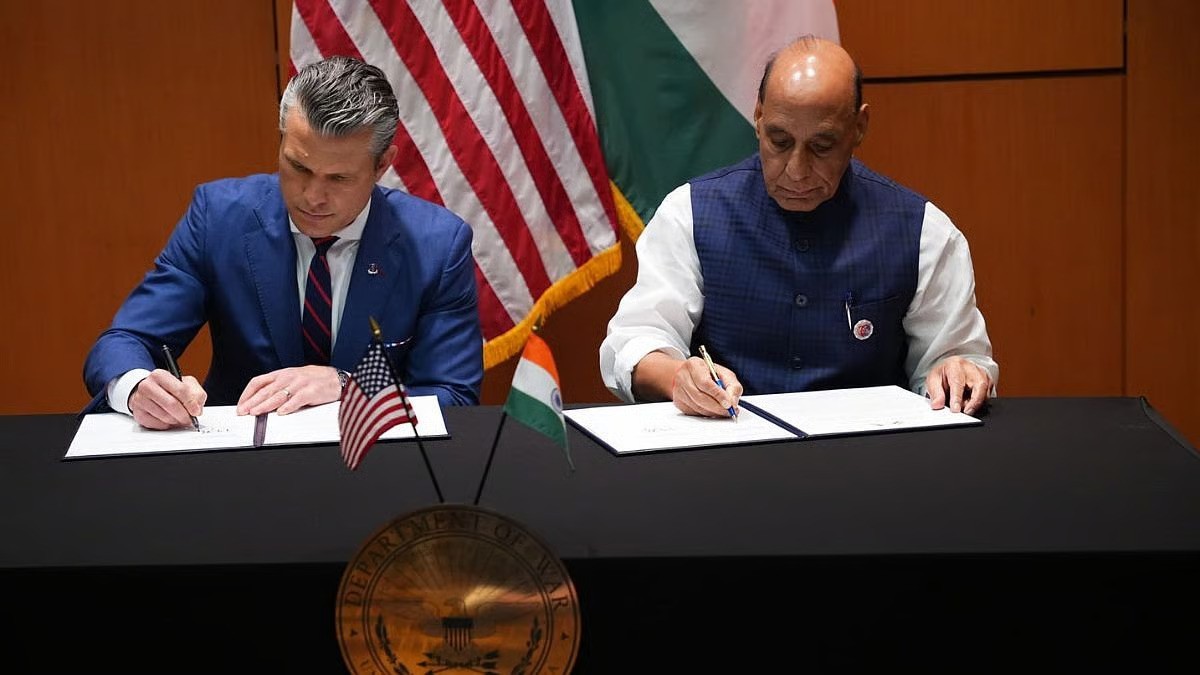)
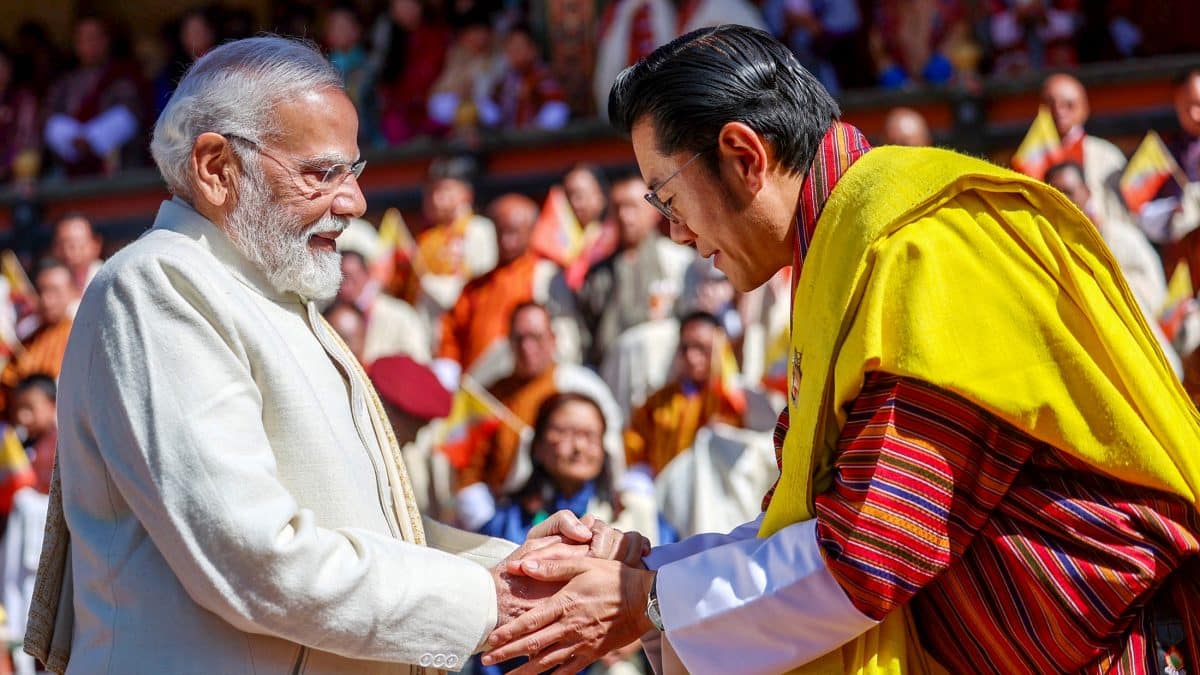
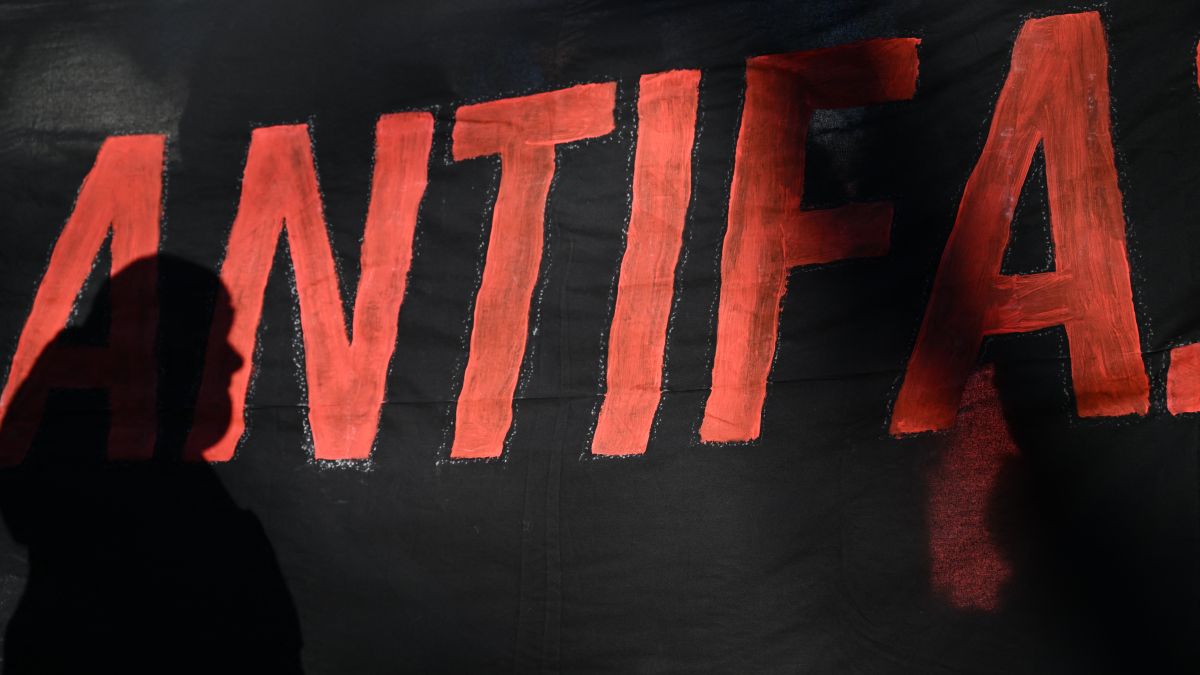)
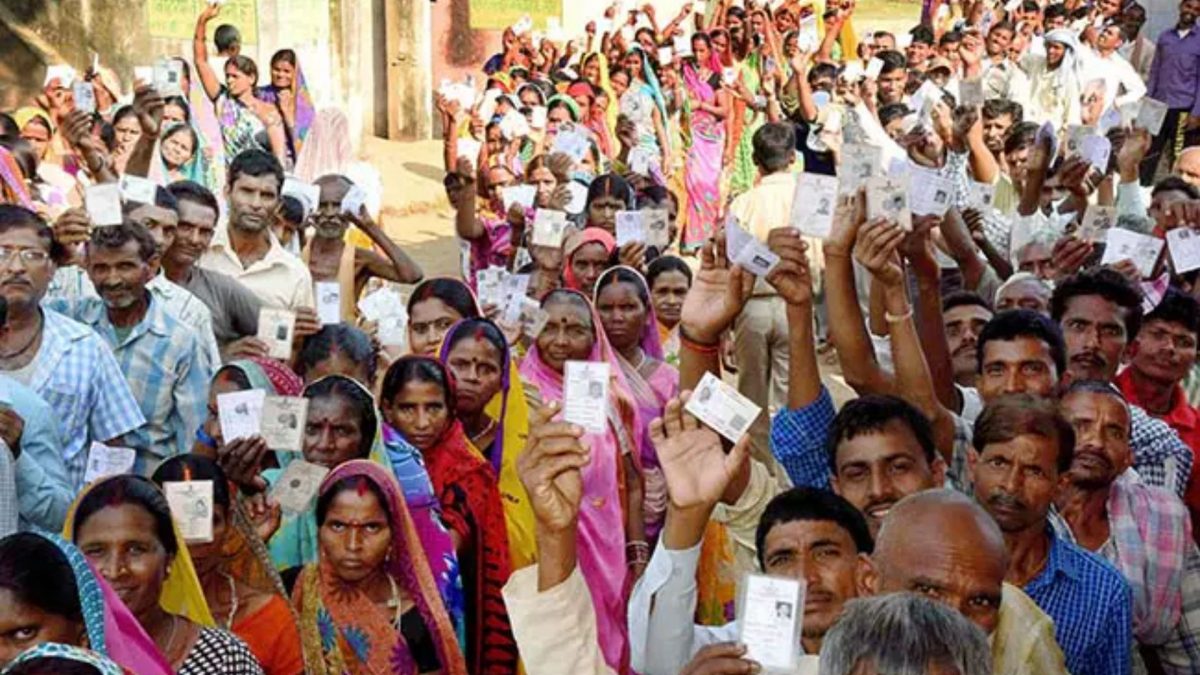)
)
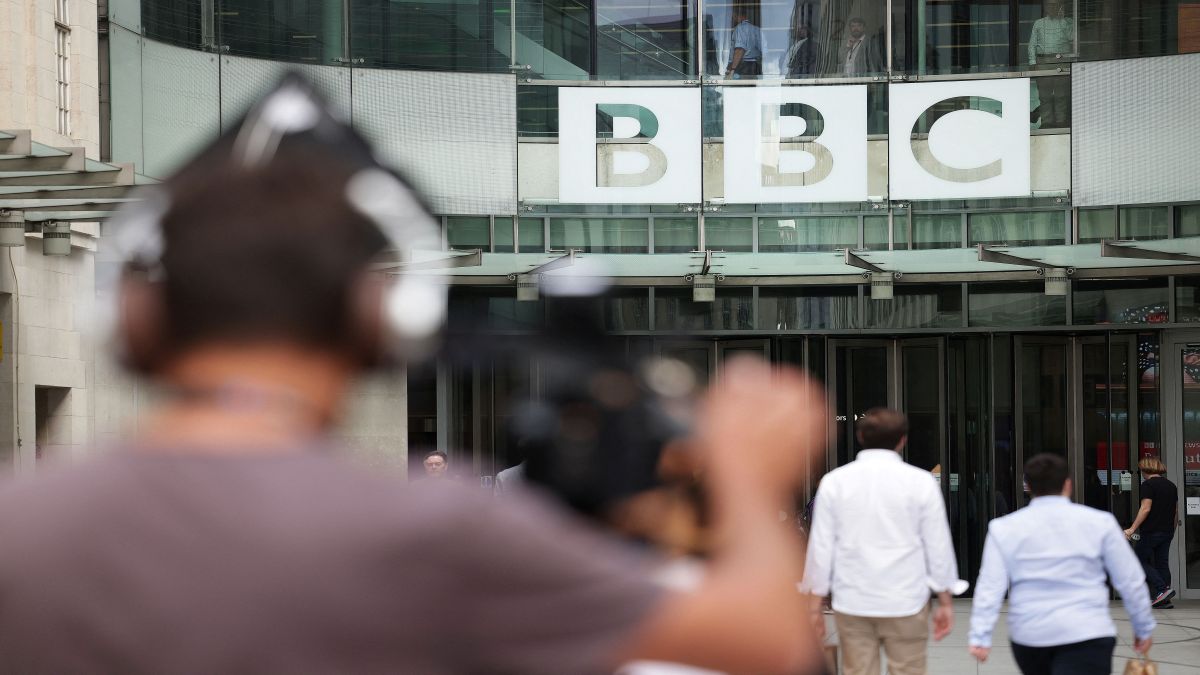)
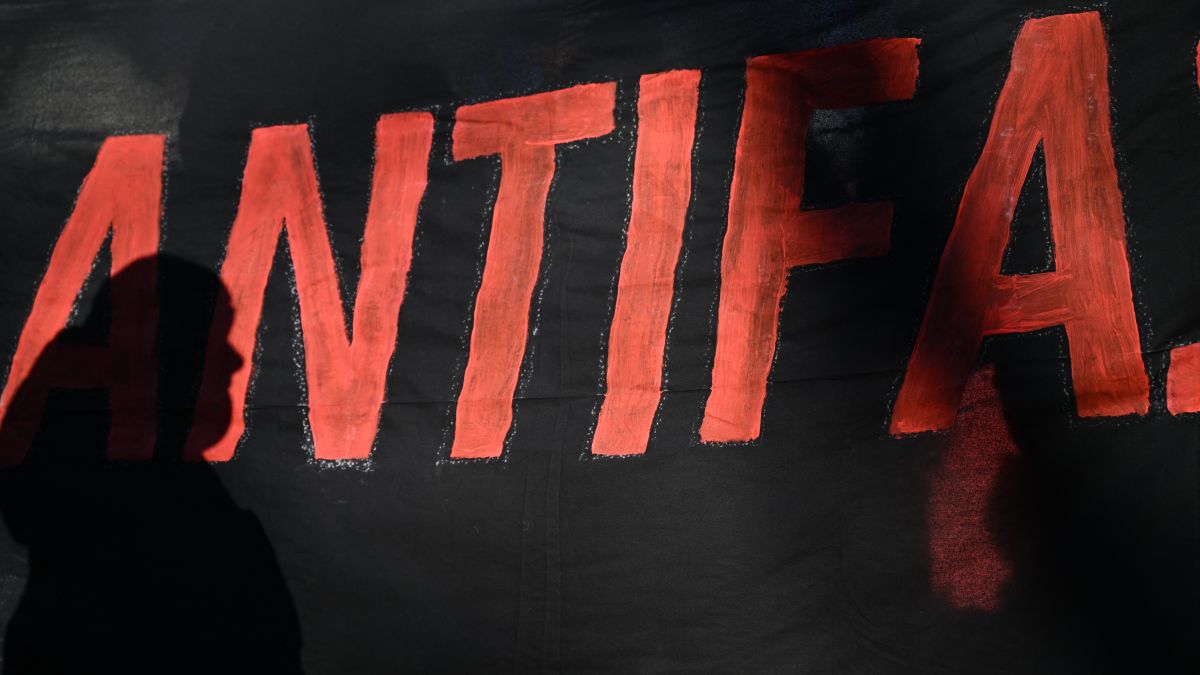)
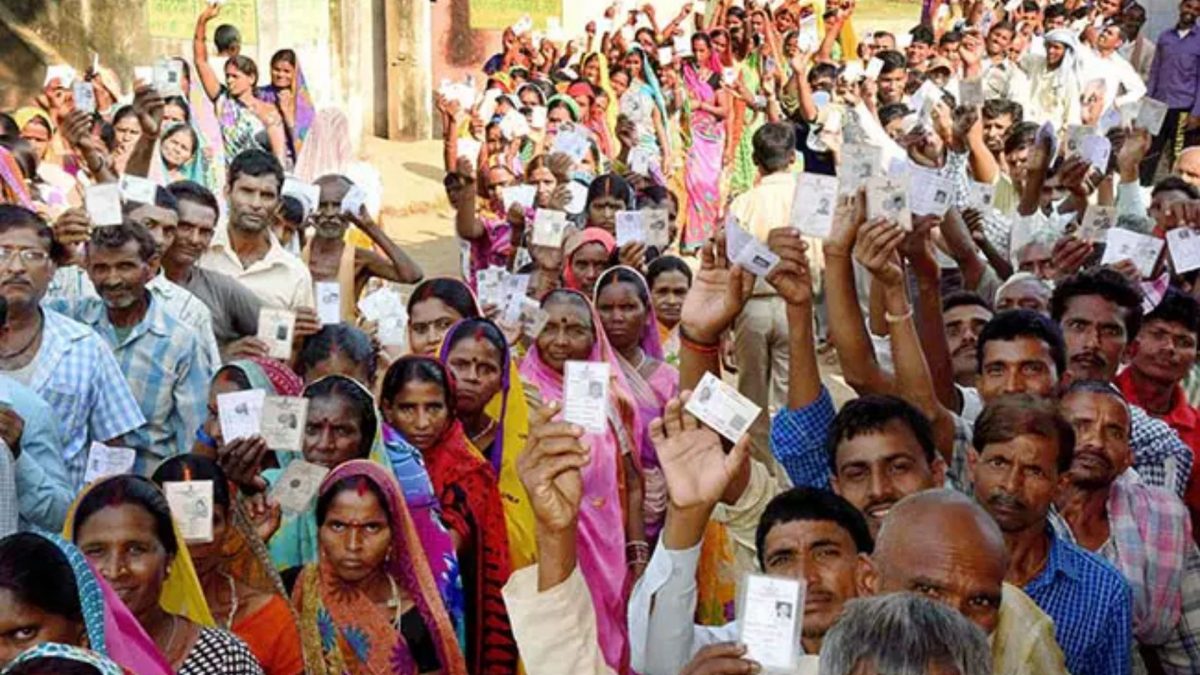)
)
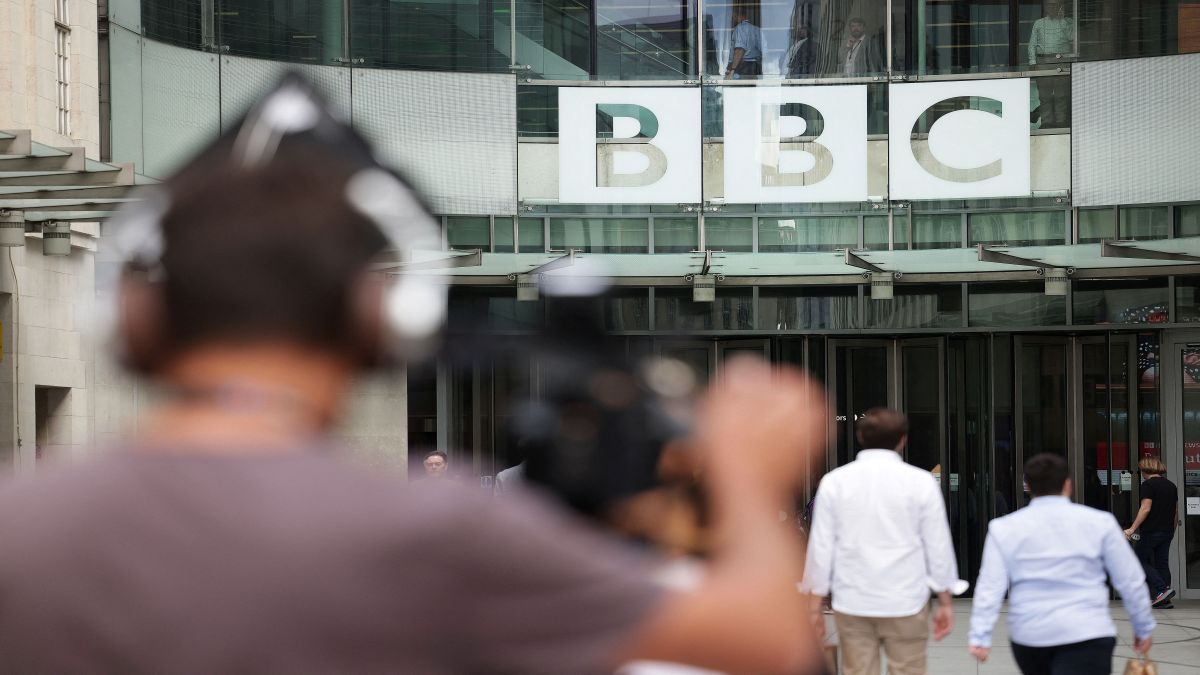)



